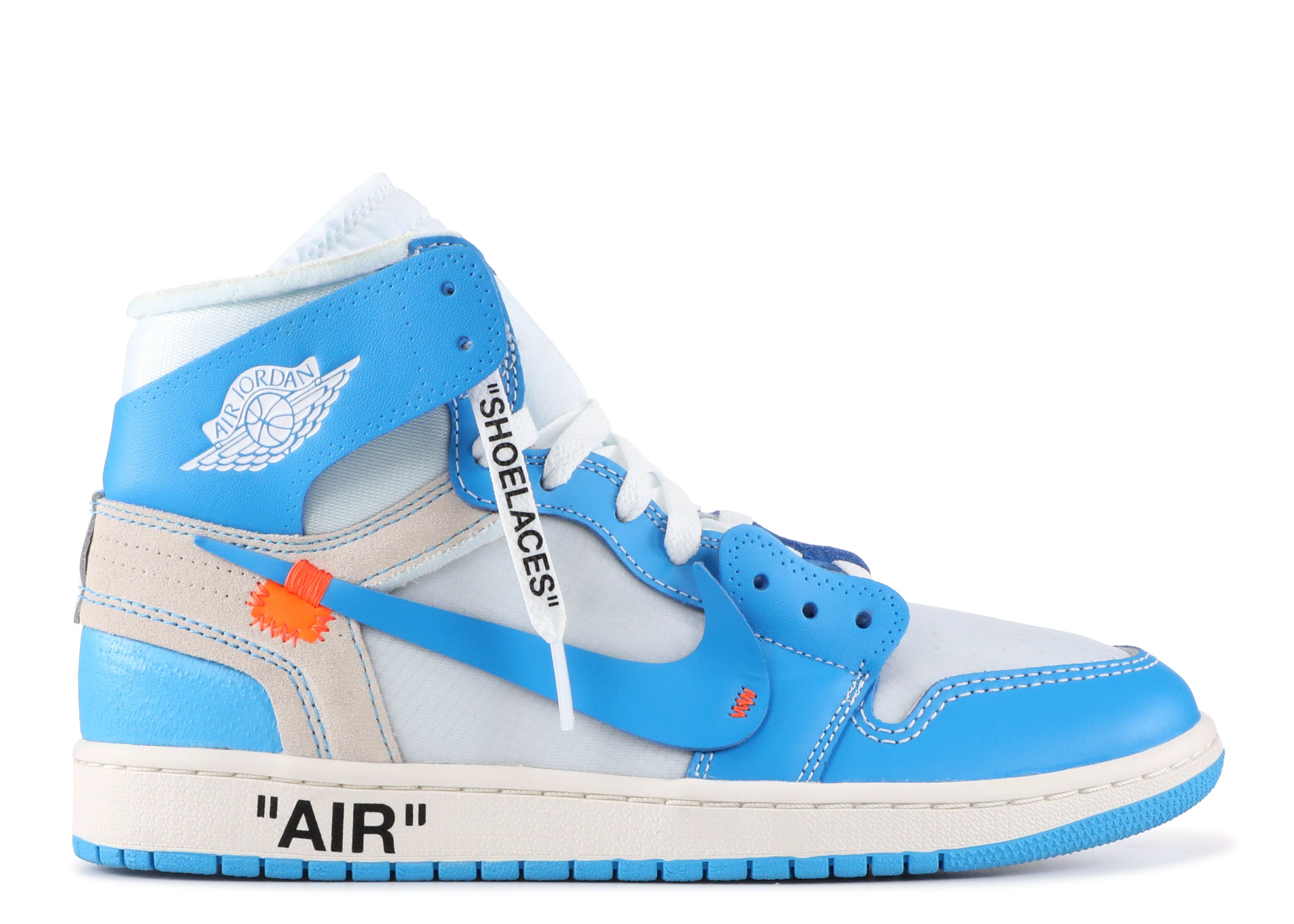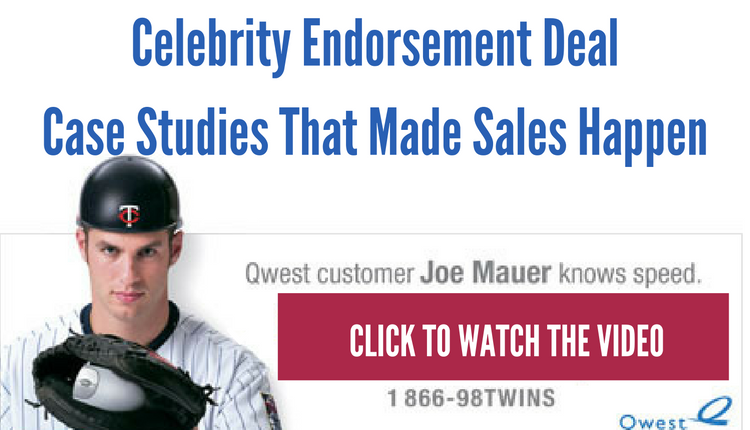Hip Hop Artists: A Streetwear Company's Greatest Marketing Tool
Table Of Contents
If They Wear It, We Buy It
We choose to wear the top lines to feel empowered, important, and most importantly, stylish. Around the globe, hundreds of people line up outside of Supreme storefronts waiting for the latest drop or limited release. The attention these brands receive is astronomical, and hip hop artists can be thanked for contributing to the hype.
Some consumers purchase these brands to be considered a hypebeast--a streetwear fanatic who buys everything and everything that is limitedly available. But a lot of consumers are wearing these streetwear brands because they see celebrities in them, most specifically hip hop’s biggest stars. In this blog, Hollywood Branded discusses how streetwear brands benefit from hip hop artists, and why they prove to be an impactful marketing tool.

The Beginning Of Streetwear
Streetwear hasn’t always been heightened by musical influencers. In its early stages, brands such as Stussy, Off Shore, and Gotcha rode the wave into the fashion of surf and skate culture. The popularization of these brands circled around the unique, subtle style carried by the exclusivity of its own name. Overtime, these values remain true, with subcultural movements having shifted the skater trend into a global phenomenon.

Since the late 1980’s, hip hop began to dapple their feet in the streetwear scene. Early artists like Run-DMC are notoriously famous for sporting Adidas footwear and jumpsuits in their music videos. Despite Run-DMC being heavily endorsed by Adidas, the impact of one of hip hop’s most influential artists rapidly increased awareness and sales for the company. The same exposure goes for today, just with different conditions.
A Unique Tactic
Most streetwear brands have fairly low brand awareness. Aside from social media followings, most successful streetwear brands do not follow conventional marketing and advertising techniques as other commercialized brands. Instead, streetwear is self-reliant, letting the products speak for themselves through the exclusivity of who is wearing and advocating the product. As the hype surrounding hip hop artists wearing streetwear increases, the supply becomes more valuable and revenue skyrockets. Thus, influencing the consumers' perception of having to wear similar products as their most listened to artists.
A Non-Licensed Agreement
While streetwear companies do not require a certain contract or agreement from hip hop artists to wear their brands, there is some reason to believe that these artists like to endorse their go-to labels. Like these famed artists, we commonly base our style on who inspires us the most. For example, Stone Island is a high-end men’s clothing line that because of its celebrity influence, has recently been adopted by the streetwear scene.
Part of this movement is credited towards a number of popular artists sporting the brand at their own expense. While the brand is a common household name in Europe and Japan, the company has witnessed its most publicity through rappers such as Drake and Travis Scott during their live performances. Sometimes for a brand to be widely recognized, it is the power of culture and stardom to create such a widespread reach. Drake has perhaps the most popular fan base in the industry today, so if one of Drake’s 57 million Instagram followers sees him wearing it, chances are high others will follow suit.

Same Brand, Different Audience
When streetwear began to adapt into hip hop culture, a sense of community was built around those who loved and appreciated the branding, logos and independence of its unique style. One of hip hop’s most popular mainstream groups, Odd Future--originating from the popular hub of the streetwear allure located on Fairfax Ave in Los Angeles, CA—introduced brands like Supreme to its rising audience. Supreme isn’t based in Los Angeles, and with how exclusive the brand presents itself, its cultural awareness is restricted. While the store’s grand opening in 2004 connected with the brand’s cult following, the bi-coastal streetwear marketing ploy had yet to be seen.

When Odd Future exploded on the music scene, so did marketing for Supreme. One could watch an Odd Future music video and frequently observe stars such as Tyler, the Creator and Earl Sweatshirt sporting the brand’s hats or t-shirts. This is because the desire to emulate similar brands and products exponentially grew once hip hop fans caught on to the hype surrounding group. Odd Future’s growing popularity heightened Supreme’s following not only in the Los Angeles area, but into the global phenomenon that it is today. Without hip hop, we might have never had Odd Future, and without Odd Future, we might never had Supreme. At this point, Odd Future seamlessly set the stage, and others began catching on.
Influenced By The Influencer
The New York based hip hop group A$AP Mob are also taking part in the streetwear scene by starting their own label, VLONE. The physical marketing for these brands isn’t on a billboard or printed in a designer magazine, but spoken through the influence of the music itself. Supported by the popularity of the artists themselves, A$AP Mob builds value to streetwear brands because they are the ones garnishing the most publicity wearing it and speaking about it.

VLONE co-founder and prominent A$AP Mob member, A$AP Rocky, states how VLONE represents similar values to those of the hip hop group, when he says, I’d say VLONE is like A$AP. They’re parallel. You know how A$AP is just a collective of different talented people? VLONE is just a lifestyle: live alone, die alone” (Rocky, 2016). Rocky mentions how VLONE is just lifestyle. Through one quote, A$AP Rocky attracts his following to both entities. In this case, the music shapes the brand. Those apart and devoted to A$AP Mob’s musical influence are bound to circulate around their brand as well.
It’s In The Lyrics
Similarly, hip hop artists use their own lyrics to connect and promote streetwear brands. Some artists such as Lil Pump, will plainly weave brands into his lyrics, such as the song titled "Off White", comes off as a meaningless composition without much flavor or zing to the brand itself. Yet the repeated "Off-White, alright, Off-White, alright", is still great publicity and will certainly attract the consumer to one of streetwear's hottest brands.
In other cases, the Gunna and Lil Baby song, “Off-White Vlone”, showcases how two rappers use their influence to urge VLONE, one of the duo’s favorite streetwear brands, to release a version of the Off-White Air Jordans when the artists say, “Off-White, Vlone 1's, foreigns parked in my lawn”. Aside from supporting the brand itself, hip hop artists carry the social influence to impact a company’s decision when suggesting new and innovative ways to appeal to the consumer. It is a marketing tactic that streetwear brands thrive off of. To have a popular rapper not only mention a company’s name, but also speak out on similar designs inspires consumers to be even more attracted to this massive fad.

How Streetwear Can Become Even Bigger
Streetwear is not a common example on how celebrity influence and the hip hop genre can impact a brand’s popularity. For most commercialized brands, taking advantage of social media, in-store promotions, and Facebook ads are effective ways to promoting a successful product. Yet, the exclusivity of streetwear will never take on such strategies. But they should.
If streetwear brands featured more press mentions or ran deals through digital marketing campaigns, revenue and sales would increase substantially. Despite these techniques having the potential to reach a wider social audience, it completely subsides the cultural values that streetwear brands embrace.
Sticking to the Brand
In the meantime, brands like Supreme, Off-White, and VLONE will and should stick to their current marketing tactics. The hype surrounding streetwear is not through an online advertisement promoting half-off box logo tees or store-wide sales for new shoe lines, it is the appeal of who’s wearing what and why we want to mirror the styles of our favorite influencers. Streetwear has a niche audience. For those not connected to the fad already, mainstream hip hop will surely influence you be more aware of the popularized brands, and hopefully to be apart of the hypebeast nation.
Learn More
Celebrity influencers are a critical component to promote a company's brand. Check out some of our other blog posts related to influencer marketing and creating brand awareness below!







